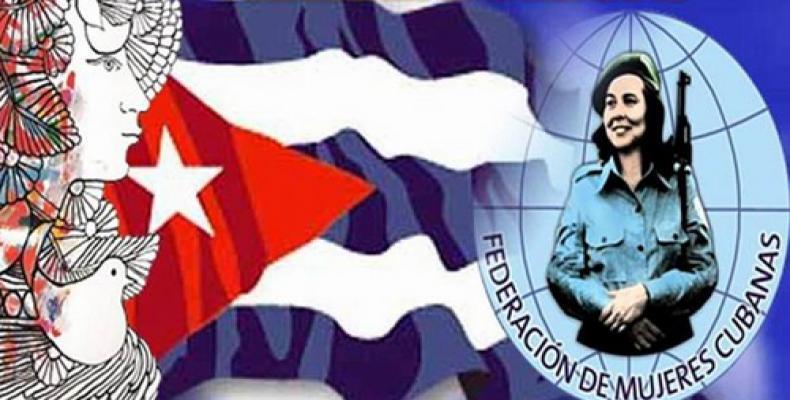NEWS CENTER – Cuba’s supreme judicial body said in a statement on its website that “two people were sentenced to life imprisonment as the perpetrators of murder crimes”. The court stated that Yadier Delva killed “his ex-wife and mother of his only child” in Havana, while Alexander Napoles killed “his old friend when he decided to break up with her” in Ciego de Avila.
The Court noted that “these events have irreparably affected the future of the victims’ underage children and have aroused utter disgust and utter rejection on the part of society that stands for inclusivity, equality and nonviolence.” An article in the new penal code provides for 20 to 30 years imprisonment, life imprisonment or death penalty for anyone who “deprives a woman of her life as a result of gender-based violence”.
According to the independent collectives “Alas Tensas” and “Yo sí te creo”, in Cuba with a population of 11.1 million, “27 femicides” took place between January and April. According to the same collectives, 36 femicides took place in 2022.
Meetings held across the country in April to address the issue of violence against women in Cuba
“Gender violence, whatever its manifestation, is incompatible with the principles of the Cuban Revolution,” said the First Secretary of the Central Committee of the Party and President of the Republic, Miguel Díaz-Canel Bermúdez, who met here with more of 400 women from various provinces of the country, who raised their voices for a Cuba without violence against them.
“We cannot allow Cuban women to be victims of violence,” stressed the President at the meeting, while highlighting all that the Revolution has done for women to achieve full equality.
She assured that it is a policy to prevent and prevent any woman from suffering this situation. “There are many manifestations of violence in our society that are not recognized, so we must do more in this regard.” She insisted on multiplying the spaces to help women and the family; as well as perfecting the statistics, since they are insufficient; they can be biased, if these phenomena are hidden within the home, she said.
She said that there is the will, the experience and the legal basis to face gender violence, so now it remains to articulate a comprehensive work to achieve a true social transformation. “This fight should not be for a day, but a constant, a daily purpose.”
In the lively debate, members from various regions of the country shared their experiences to make visible and face this problem. One of the speakers at the event, Dr. Clotilde Proveyer Cervantes, a sociologist from the University of Havana, emphasized that understanding gender violence as a social, rights and health problem must be a basic premise for effective prevention and care. .
She highlighted as important challenges for Cuban society and institutions, to improve and implement a more comprehensive care of this problem, which includes specialized services; the development of a legal culture in the population on gender violence, and that all social care professionals have the knowledge, tools and proper preparation to care for women who have been violated.
At the meeting, Yamila González Ferrer, first vice president of the National Union of Jurists, presented the national legal framework established to deal with this problem, and pointed out that these provisions are included in the Constitution of the Republic; In addition, the National Program for the Advancement of Women and the Family Code have been added for the recognition and legal support against gender violence.

Herminia Rodríguez Pacheco, from the province of Havana, pointed out that we have made progress, but in addition to identifying, denouncing and punishing, we must go to the causes because the key is prevention. It is time to “undertake cultural change in the patriarchal society from the way of thinking,” she said.
Yeline Ruiz Betancourt, counselor at the Women’s and Families Care Center in Ciego de Ávila, pointed out that “the support networks should serve to bring help to women, because the councils are concentrated in the municipal capitals and often they do not reach the most remote towns,” she said.
The member of the Political Bureau Teresa Amarelle Boué, general secretary of the FMC, highlighted the importance of the event Voices of women for gender non-violence, the first held in the country, which gives continuity to an entire program to combat violence of gender in Cuba.
Present were Roberto Morales Ojeda, a member of the Political Bureau and Secretary of Organization of the Central Committee, Vice Prime Minister Inés María Chapman Waugh, as well as the highest authorities of the Party and the Government in Villa Clara.




